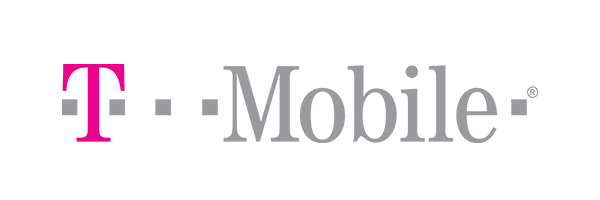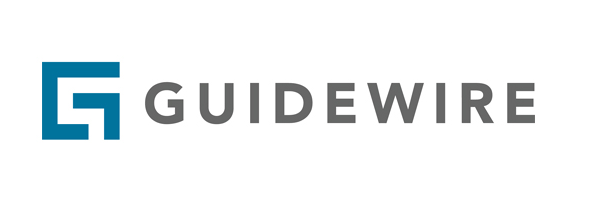Blockchain is a technology that makes it possible to build applications where multiple parties can record transactions without the need for a trusted, central authority to ensure that transactions are verified and secure.
Blockchain enables this by establishing a peer-to-peer network where each participant in the network has access to a shared ledger where the transactions are recorded. These transactions are by design, immutable and independently verifiable.
AWS gives you access to flexible and cost-effective resources to quickly deploy and experiment with blockchain networks in minutes, and pay only for what you use.
The Future of Your Business on AWS
Time to market is critical in today's competitive environment. Building new, revenue generating applications that will increase the business's revenue is a must. Amazon Web Services can help take you into the future of your business with a breadth of services designed to help you build the applications needed to remain ahead of the curve.
Blockchain capabilities
DISTRIBUTED TRUST
Multiple parties can transact with one another without having to know or trust each other.
INDEPENDENTLY VERIFIABLE
All transactions are attributable to one or more entities and each entity can independently verify these records.
IMMUTABLE
Transactions cannot be removed or altered.
SECURE
Blockchain networks can be restricted to known parties, and can also limit what transactions each party can see.
HIGHLY AVAILABLE
Blockchain networks are decentralized and do not have a single point of failure.
Why blockchain on AWS?
AGILITY
Quickly get started with blockchain. Spin up and spin down resources as you rapidly iterate in the cloud.
FLEXIBILITY
Experiment with your choice of blockchain frameworks such as Ethereum, Hyperledger Fabric, Corda, and partner solutions for your industry.
PAY-AS-YOU-GO
Consume services as you need them and only for the period of time you use them. AWS has no upfront fees, termination penalties, or long term contracts.
SECURE
Control access to your AWS resources with granular permission polices. All resource activity is logged in AWS CloudTrail.
Deploy blockchain quickly
AWS Blockchain Templates
AWS Blockchain Templates provides a fast and easy way to create and deploy secure blockchain networks using the popular Ethereum and Hyperledger Fabric open source frameworks. These are AWS CloudFormation templates that automate the creation and configuration of blockchain networks on Amazon EC2 or Amazon ECS. Get started now.
AWS Partner Solutions
AWS Technology and Consulting partners offer a rapidly growing selection of blockchain and distributed ledger solutions with support for multiple open-source frameworks.
Customers

T-Mobile is building a digital identity and authentication platform on AWS with Sawtooth, a blockchain technology from the Intel Hyperledger project. T-Mobile leverages Intel Sawtooth along with AWS services including Amazon EC2, Amazon S3, Amazon Lambda, and Amazon ECS to power this solution.

PwC has been working with Guidewire, one of the world’s leading insurance platform providers, to make the bordereau process more efficient. They use a blockchain-based smart contracts solution to auto-approve claims and trigger payments, removing the need for manual intervention, and differentiating their product in the insurance market.
Use cases
Supply Chain
Blockchains can serve as an immutable data source to track goods through their lifecycle from raw material to the field, and to facilitate transactions involving these goods with their customers and dealers via smart contracts.
Financial Transactions
Blockchain networks enable multiple parties to directly transact without requiring a central authority. This has the potential to increase the efficiency of clearing, settlement, cross-border payments, and other financial transactions that typically require an intermediary..
Identity and Compliance
Blockchain networks can be used to track identities and maintain compliance. The data in a blockchain is transparent and immutable which enables auditors to verify transactions independently and protect against internal security threats.
Insurance
Blockchain based smart contracts can auto-approve claims and trigger payments, removing the need for manual intervention. This has the potential to automate claims management processes, reduce errors, and reduce fraud by verifying customers, policies, and claims.
Healthcare
Healthcare organizations are looking at blockchain solutions to improve data sharing across various entities in healthcare. This can help improve patient wellness, reduce fraudulent billing, lower administrative costs, and manage provider credentials and affiliations.